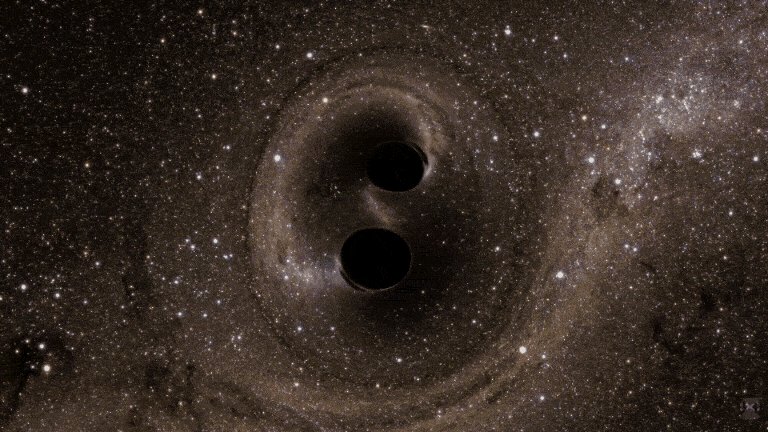Thanksgiving Myth Busted: Eating Turkey Won't Make You Sleepy
Get the world’s most fascinating discoveries delivered straight to your inbox.
You are now subscribed
Your newsletter sign-up was successful
Want to add more newsletters?

Delivered Daily
Daily Newsletter
Sign up for the latest discoveries, groundbreaking research and fascinating breakthroughs that impact you and the wider world direct to your inbox.

Once a week
Life's Little Mysteries
Feed your curiosity with an exclusive mystery every week, solved with science and delivered direct to your inbox before it's seen anywhere else.

Once a week
How It Works
Sign up to our free science & technology newsletter for your weekly fix of fascinating articles, quick quizzes, amazing images, and more

Delivered daily
Space.com Newsletter
Breaking space news, the latest updates on rocket launches, skywatching events and more!

Once a month
Watch This Space
Sign up to our monthly entertainment newsletter to keep up with all our coverage of the latest sci-fi and space movies, tv shows, games and books.

Once a week
Night Sky This Week
Discover this week's must-see night sky events, moon phases, and stunning astrophotos. Sign up for our skywatching newsletter and explore the universe with us!
Join the club
Get full access to premium articles, exclusive features and a growing list of member rewards.
The oft-repeated turkey myth stems from the fact that turkey contains the amino acid tryptophan, which forms the basis of brain chemicals that make people tired. But turkey isn't any more sleep-inducing than other foods. In fact, consuming large amounts of carbohydrates and alcohol may be the real cause of a post-Thanksgiving-meal snooze, experts say.
Tryptophan is a component of the brain chemical serotonin, which gets converted into the well-known sleep-inducing hormone melatonin. Poultry and many other foods also contain tryptophan, in similar amounts to that found in turkey. Gram for gram, cheddar cheese actually contains more tryptophan than turkey does. [Thanksgiving Gallery: 8 Fascinating Turkey Facts]
But tryptophan competes with all of the body's other amino acids to enter the brain, through a strict gatekeeper known as the blood-brain barrier. It's the heaps of carbohydrates — the stuffing, potatoes and yams smothered in marshmallows — that are the true problem, according to medical experts. Consuming carbs triggers the release of insulin, which removes most amino acids from the blood, but not tryptophan — that dearth of competitors allows tryptophan to enter the brain and form serotonin and, ultimately, melatonin. (Melatonin can also be produced in the intestine, and a small amount of that may ultimately leak out into the bloodstream and end up in the brain, too.)
Basically, any big meal containing tryptophan and lots of carbohydrates can trigger sleepiness — not just turkey. And on Thanksgiving, many other factors contribute to feelings of tiredness, such as drinking alcohol. The holidays are also a time when people often take a break from their hard work.
When consumed on an empty stomach, tryptophan can lead to serotonin production and more vivid dreams. Tryptophan supplements were a popular sleep aid in the 1980s, but the U.S. Food and Drug Administration banned them in 1991, citing a link with an outbreak of the autoimmune disease eosinophilia-myalgia syndrome — although the link is controversial.
Follow Tanya Lewis on Twitter and Google+. Follow us @livescience, Facebook & Google+. Original article on LiveScience.
Get the world’s most fascinating discoveries delivered straight to your inbox.

 Live Science Plus
Live Science Plus










